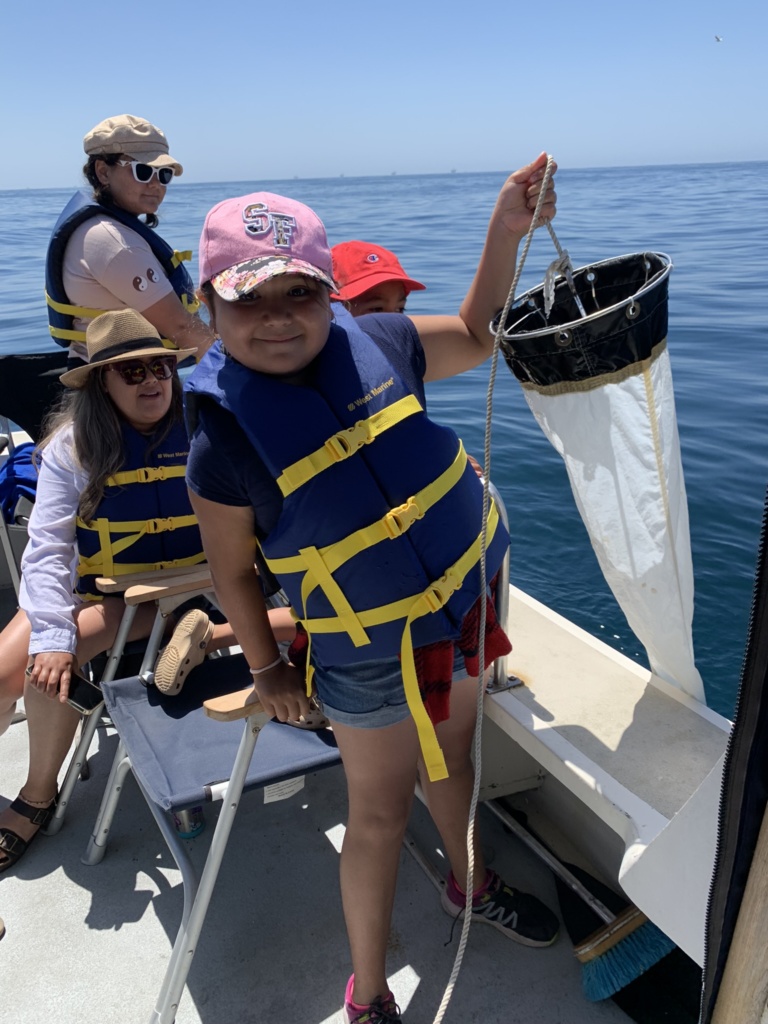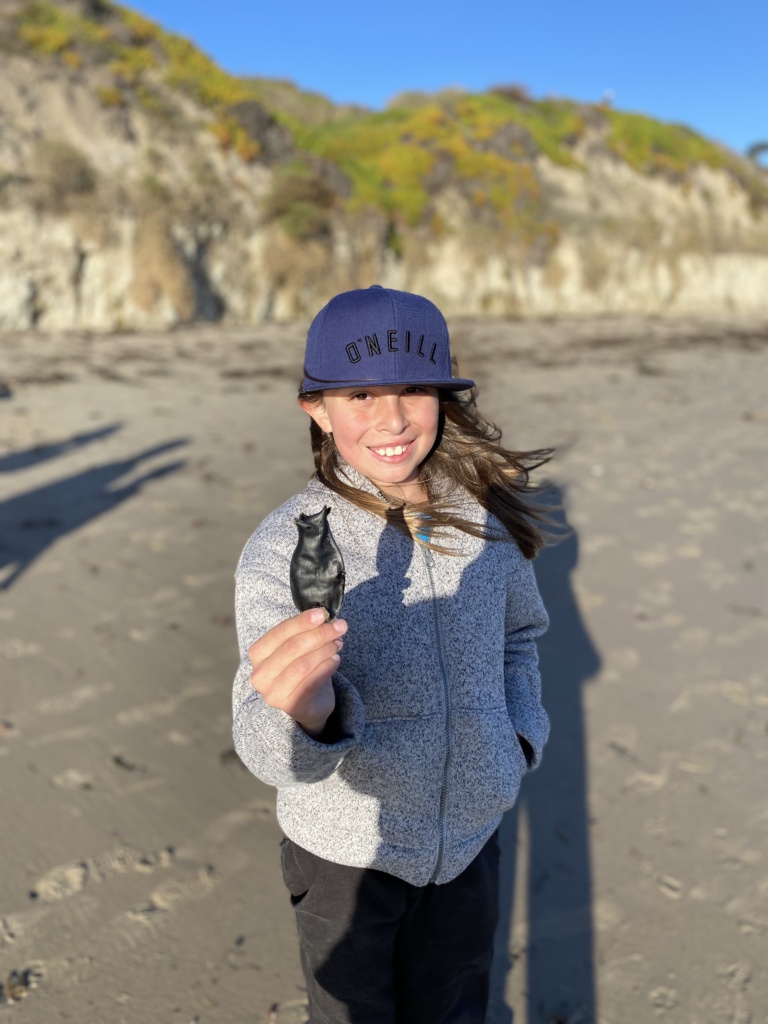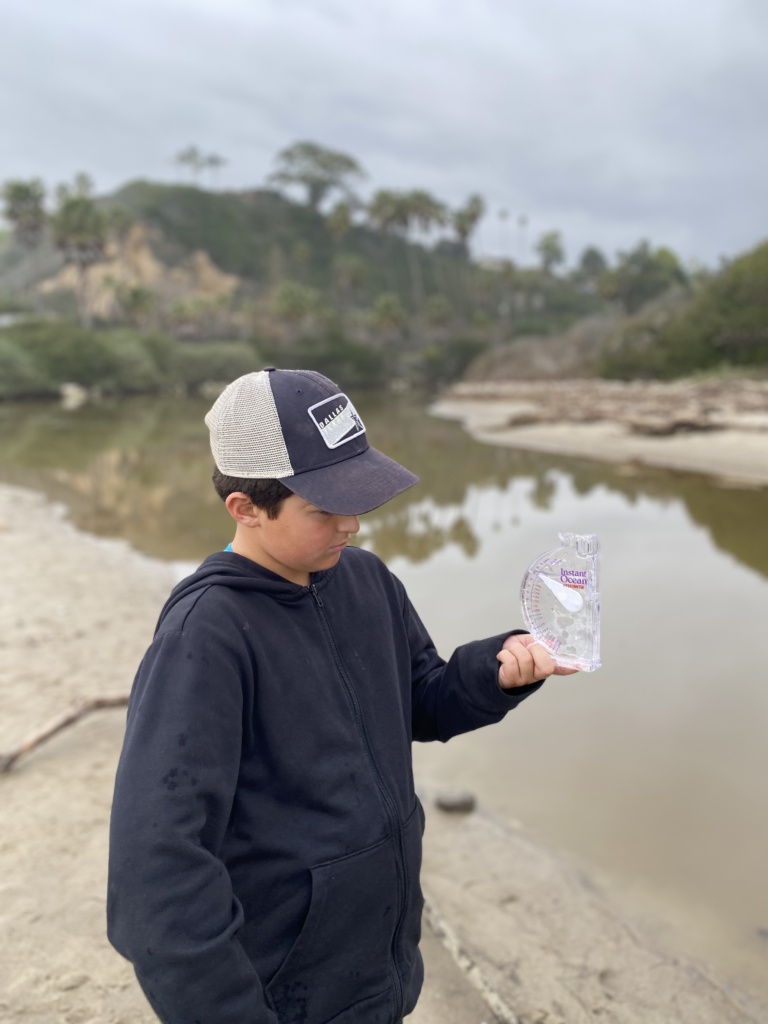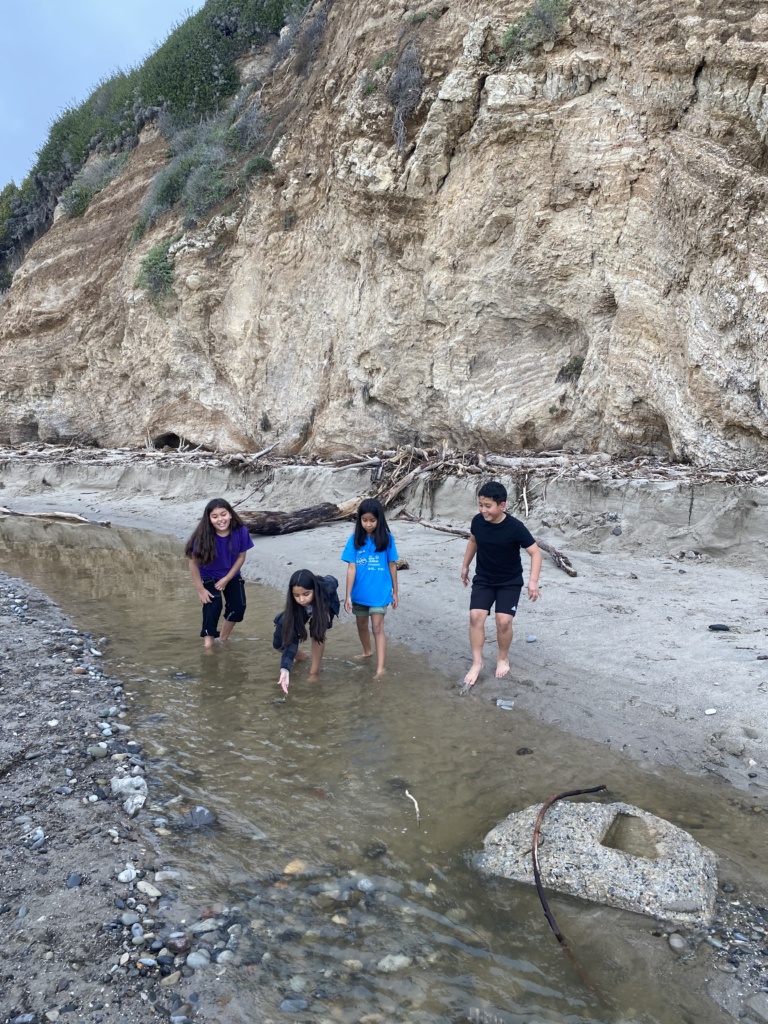In an era marked by rapid environmental changes and growing concerns about sustainability, it is increasingly clear that educating young people about the importance of clean water, healthy habitats, and the environment is not just beneficial—it’s essential. As we face challenges like climate change, water scarcity, and ecological degradation, equipping the next generation with knowledge and tools to tackle these issues is more crucial than ever.

Channelkeeper believes that investing in environmental education for young people is a vital step towards ensuring a sustainable and thriving future. By fostering an understanding of water quality and environmental systems, we empower the next generation to become responsible stewards, innovative thinkers, and passionate advocates.
On Seafari Cruises, our team hosts students aboard Channelkeeper’s boat to experience an on-the-water adventure. Students collect plankton samples, observe wildlife like dolphins, sea lions, and harbor seals, and learn about marine conservation efforts along our coast. For our Field Studies program in the Ventura River, high school students don waders to take nutrient and bacteria samples and assess water quality. Channelkeeper’s Shore to Sea program combines classroom watershed education with an outdoor experience, such as a kayaking adventure in the Santa Barbara Harbor, that introduces students to the land-sea connection.
Here’s why investing in this education can pave the way for a brighter, more sustainable future.
1. Understanding the Interconnectedness of Systems

Water quality and environmental health are deeply intertwined with numerous other systems—public health, agriculture, and economic stability, to name a few. Teaching young people about these connections helps them understand how their actions affect the world around them.
Furthermore, time spent on the water connects young people intimately with the natural world. It helps orient them within their watershed and allows them to interact with it. Students can see and touch some of the organisms that rely on clean water and trace the path that water takes through their community to the ocean. This brings awareness to the impacts of their everyday actions on water quality. This holistic understanding fosters a sense of responsibility and empowers young people to make informed decisions that benefit the environment.
2. Fostering a Sense of Responsibility
Educating young people about the environment can encourage a sense of stewardship. Channelkeeper provides meaningful experiences on the water with the understanding that today’s youth are the decision-makers of tomorrow and that their environmental ethics are critical to our planet’s future.

When students learn about the impact of pollution, overuse of resources, and habitat destruction, they’re more likely to feel responsible for their actions and the choices they make. This can translate into more sustainable habits, such as conserving water, recycling, and supporting eco-friendly products. By introducing young people to water science and instilling these values early on, we hope to inspire interest in protecting the environment and nurture a generation that will prioritize the planet’s health.
3. Inspiring Innovation and Solutions
A solid foundation in environmental science and water quality can ignite a passion for problem-solving and innovation. Many of today’s environmental challenges require creative solutions and technological advancements. When young people are exposed to the complexities of these issues, they’re inspired to think critically and develop new approaches. Whether through engineering new water purification technologies or creating sustainable farming practices, early education can spark ideas that lead to groundbreaking solutions.
4. Supporting Health and Well-being
Water quality directly impacts human health. Contaminated water sources can lead to diseases and long-term health issues. By educating young people about the importance of clean water and how to protect it, we’re not only teaching them to safeguard natural resources but also to take care of their own health and that of their communities. Understanding the link between environmental quality and personal well-being can lead to healthier lifestyles and communities.

5. Building Advocacy and Leadership Skills
Education about environmental issues empowers young people to become advocates for change. When students are well-informed about the challenges and potential solutions related to water quality and environmental conservation, they are more likely to engage in activism, policy-making, and community projects. This advocacy is crucial for driving societal changes and influencing policies that protect natural resources and promote sustainability.
6. Promoting a Sustainable Future
The knowledge and skills that students gain today will not only address the environmental challenges of tomorrow but also inspire a collective commitment to protecting our planet for the long haul. Channelkeeper is proud to advance environmental education that builds a brighter, greener future for everyone.
Because the decisions and actions taken by today’s youth will shape the world they inherit, we believe that our environmental education programs are supporting a sustainable future. By providing young people with knowledge about water quality and environmental issues, we are equipping them to make choices that support long-term ecological balance, advance environmental protection, and contribute to a healthier planet for future generations.